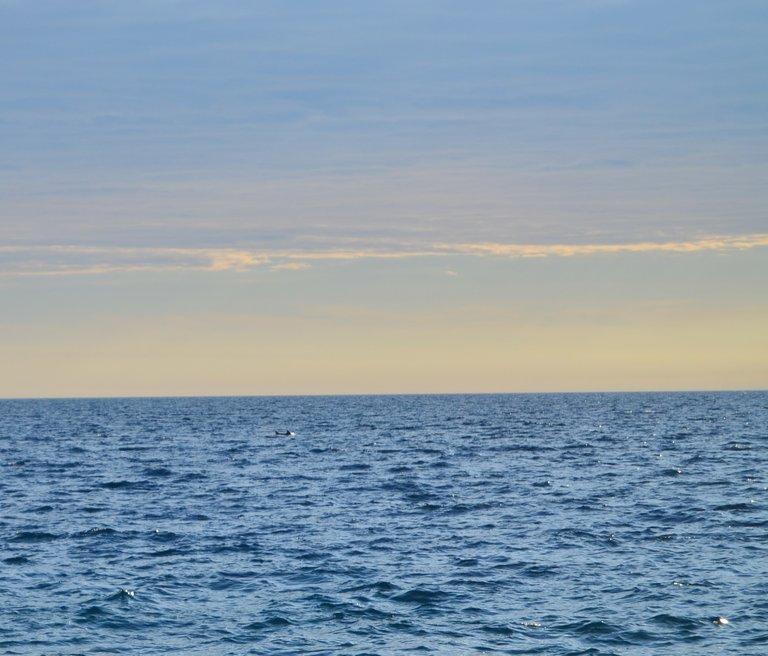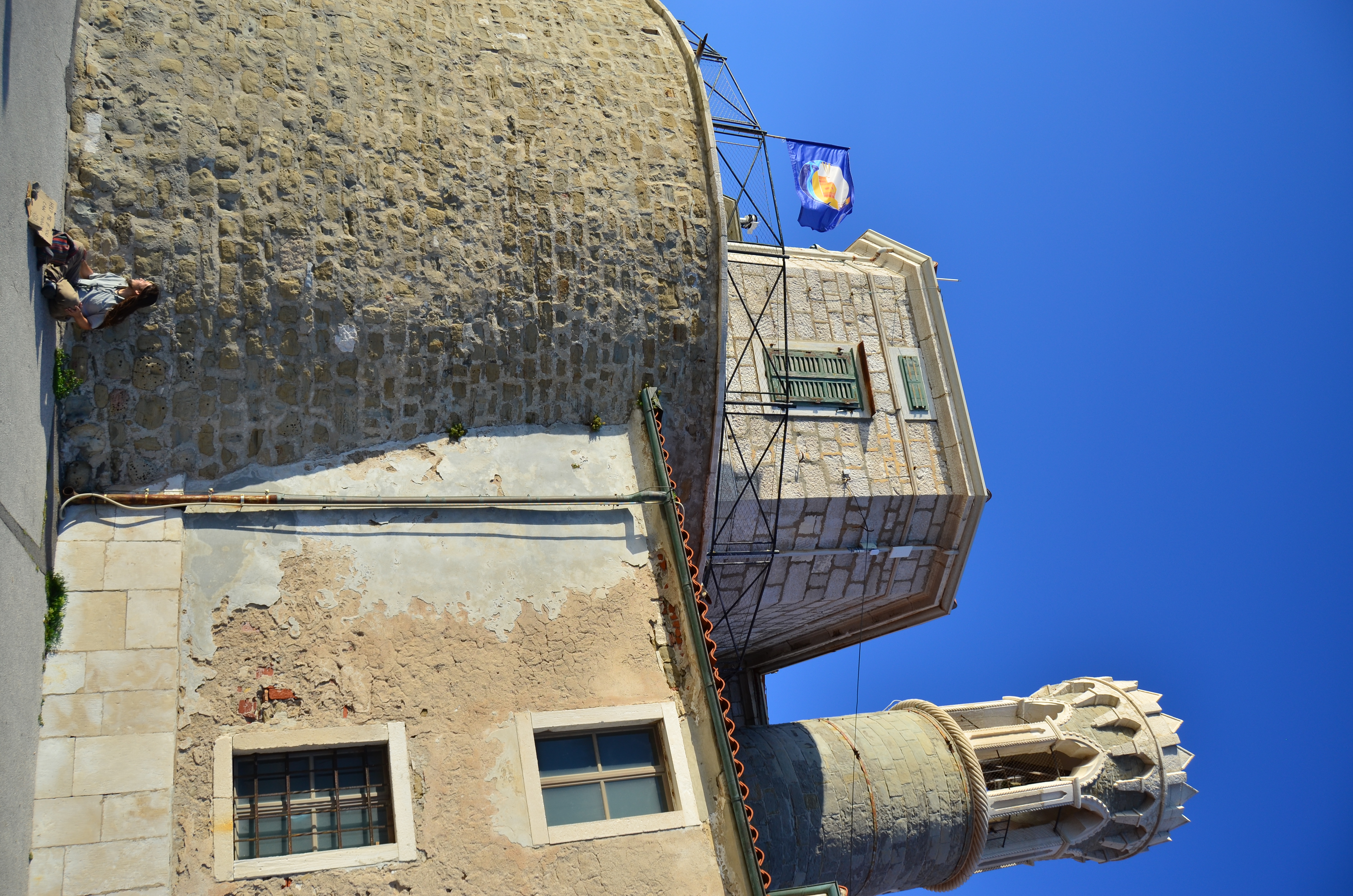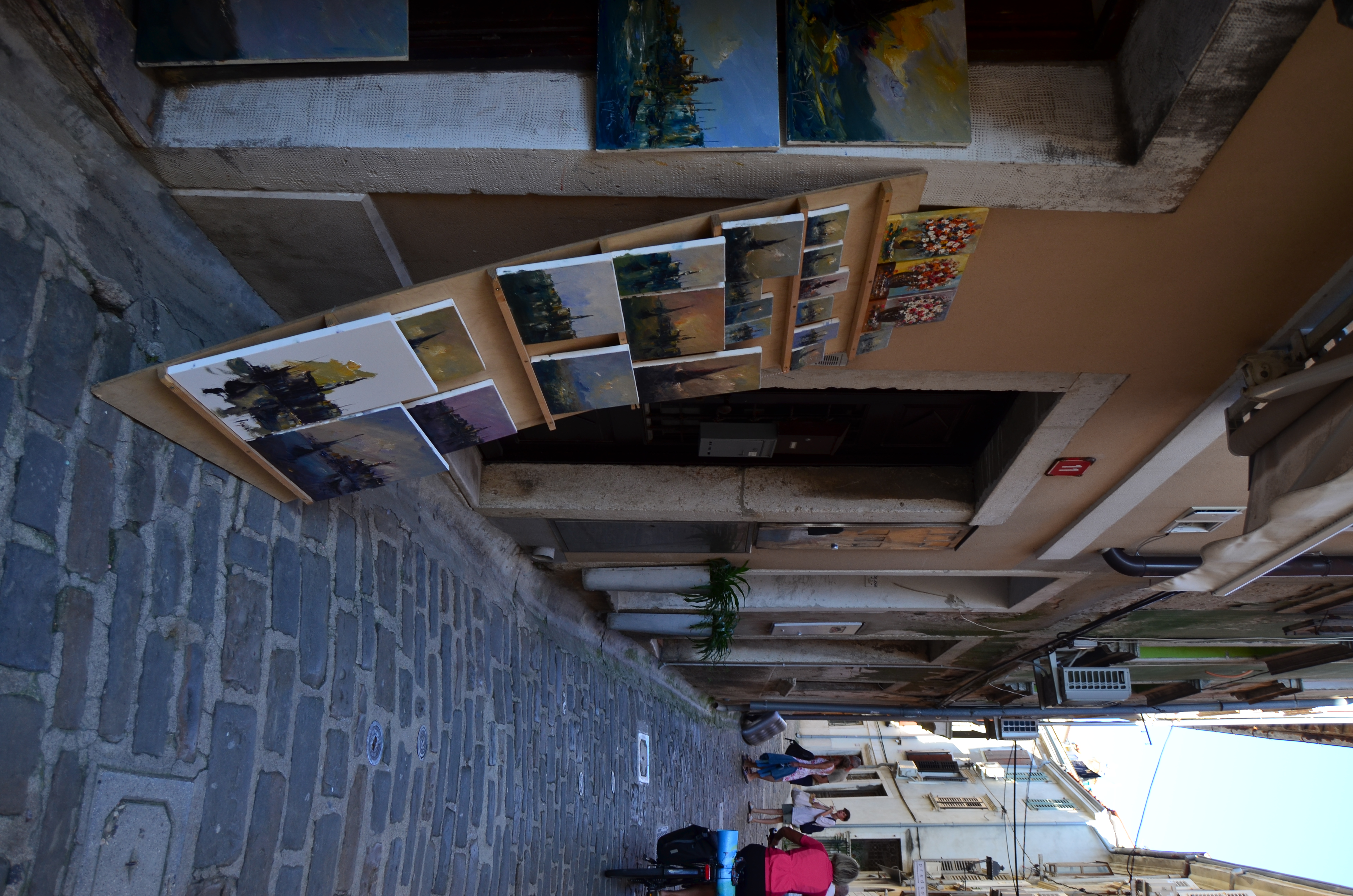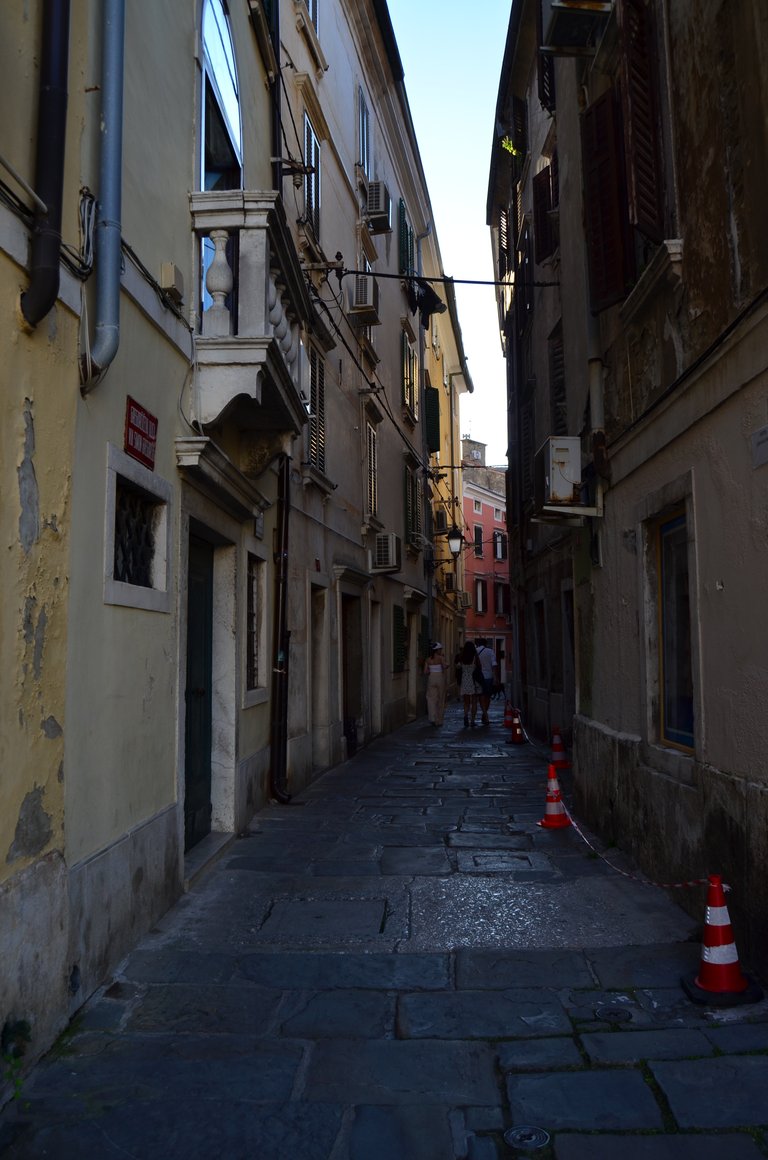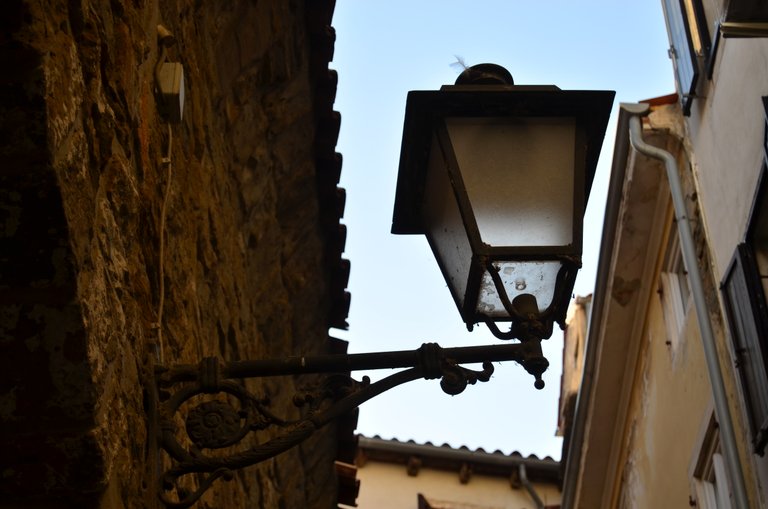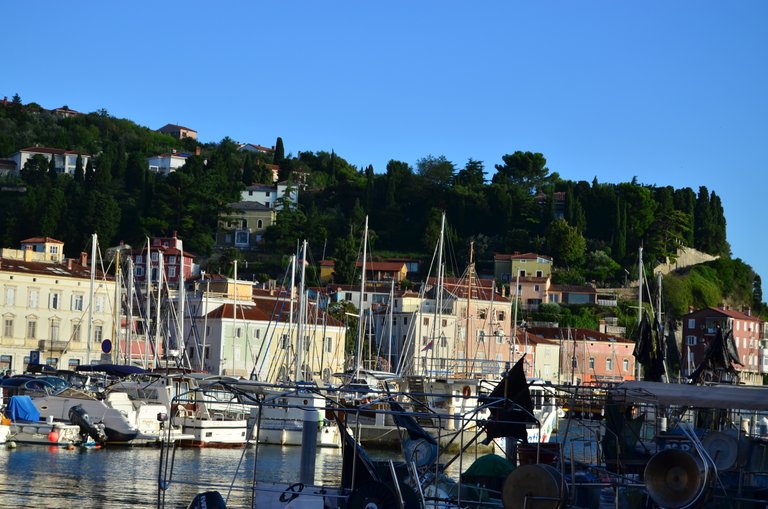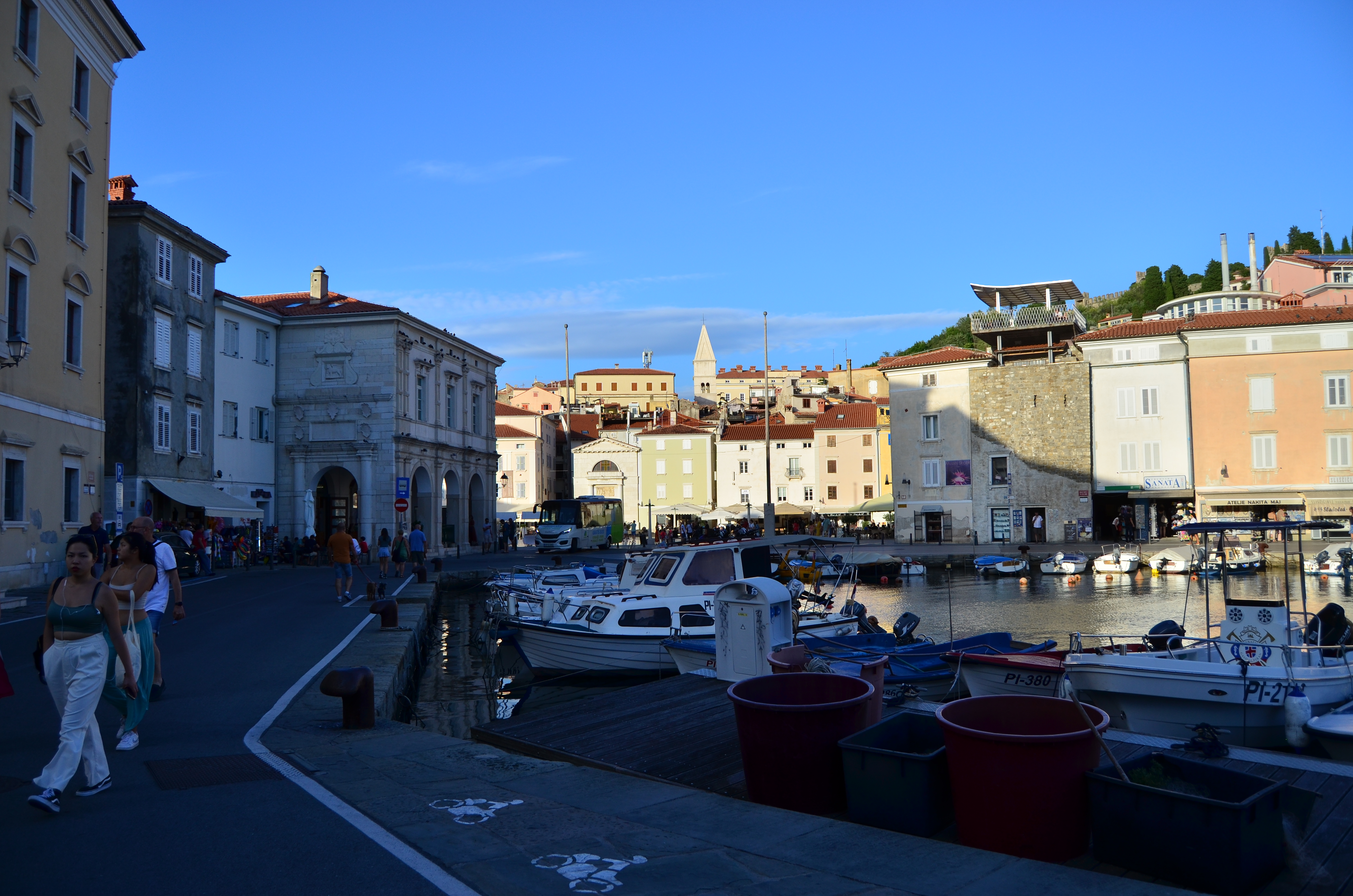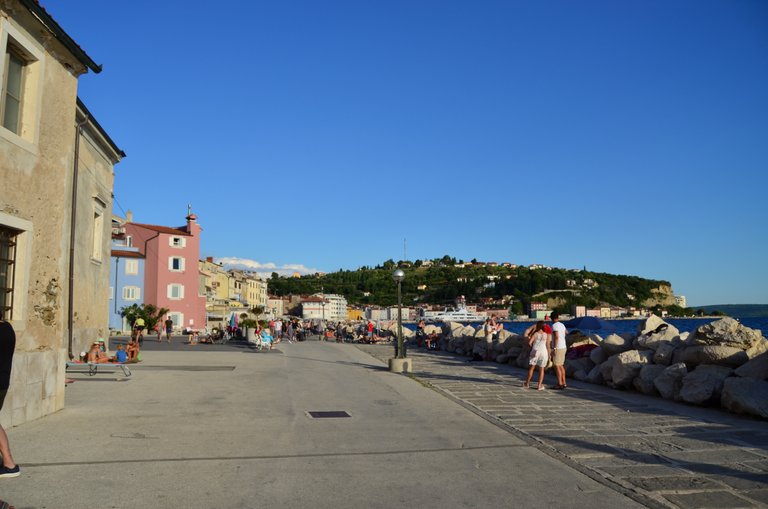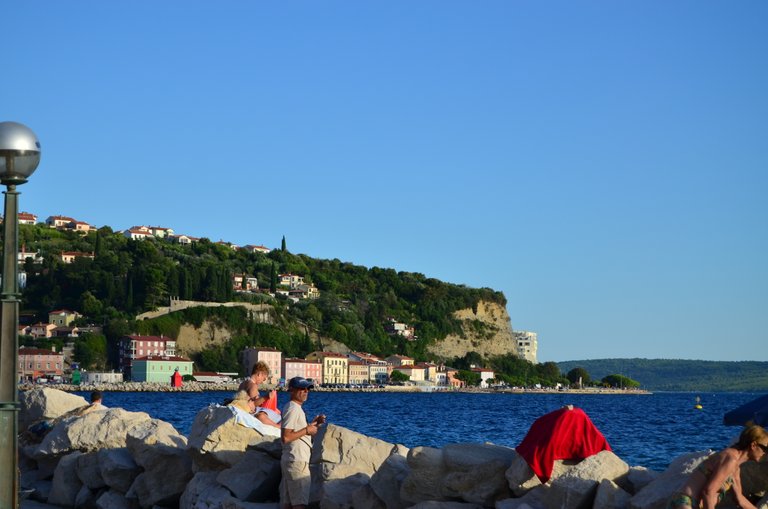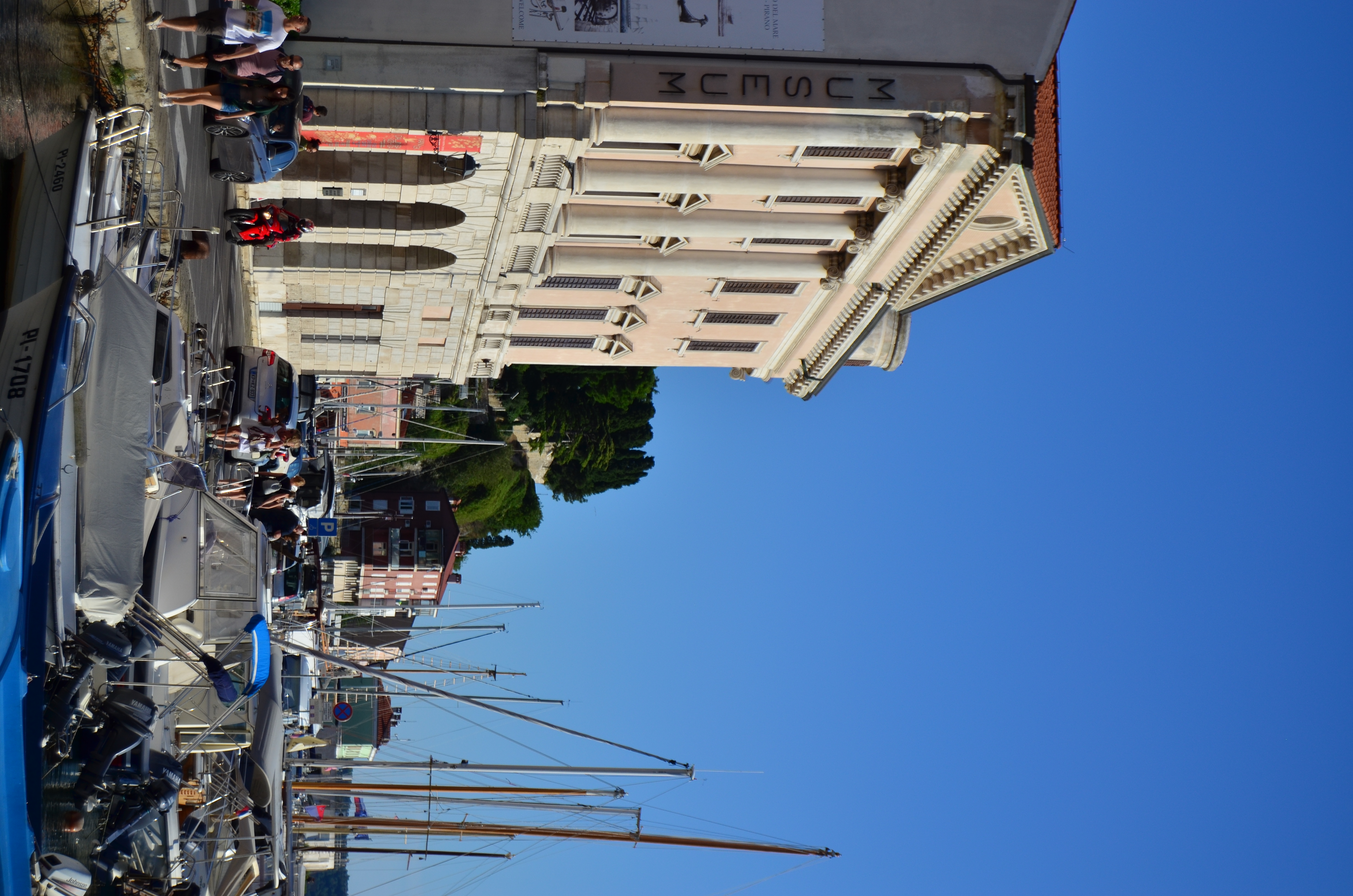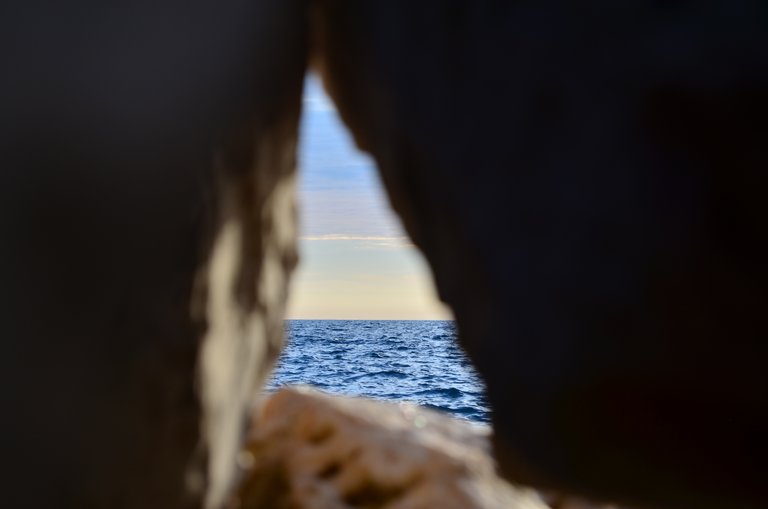Piran is a wonderful destination for a weekend trip to Slovenia, with its attractive old town center, medieval walls, and a variety of activities nearby. I had to leave my car in the city's only open-air public garage, which is sprawled across multiple floors and is a ten-minute walk from all the notable sights, after approaching it from the highway. Access to automobiles is limited to the local community, so enjoying the sun - free of smog and exhaust emissions - is ensured.
Piran, the smallest city on the Slovenian coast, is located at the most southwesterly point of Slovenia, in the Gulf of Piran, on the Adriatic Sea. The village displays a strong Venetian influence in its design and architecture, as evidenced by its numerous tiny dwellings and serpentine lanes. Both the regional administrative hub and one of Slovenia's most well-liked tourist sites, it performs both functions.
The territory was a significant component of the Venetian Republic Serenissima from the 13th and the end of the 18th century. It was a semi-autonomous district with a council of local noblemen aiding the Venetian procurators. The city successfully repelled a variety of foes throughout this time, including pirate attacks (the Republic of Genoa and Turkey being two of the strongest examples). Nearly two thirds of the population had been afflicted and murdered by the bug by the middle of the 16th century. By the conclusion of the Venetian era, trade from the Austrian port of Trieste posed a new threat to the city.
A fishing village with tiny alleys, colorful cottages, and stunning sea views. Explore its narrow alleyways, go to Tartini Square for local eateries and cafes, or relax on the nearby beaches.
As soon as you arrive in town, you will see how lovely and fairytale-like it is.
I fell in love with this place the moment I saw it.
I recently came across a photo of Piran on Instagram, and I have to admit that I fell in love with the place at once.
This dream came true this year because Piran has been on my list of locations to visit ever since that time.
There are walls or towers right at Piran's entrance that you can climb to get a bird's-eye perspective of the entire city.
The city was divided into four streets by the first walls that were constructed in the seventh century, giving rise to the names Miljska, Stolna, Osrednja, and Polska after the city's four entrances. In order to safeguard the newly constructed areas of the city, further walls were constructed between the years of 1470 and 1538. Although there aren't many of these walls standing today, those that were constructed during the final stage of the city's defences have largely survived. Since I did some study prior to the trip, I discovered that the majority of those stunning panoramic pictures of Piran were really taken from these same walls. I therefore purchased a ticket for the walls there (3 euros), which you won't be able to miss, and made my way up.
The view from above is not to be missed, because you have the entire city of Piran in the palm of your hand. The best shots may be made from the penultimate tower in the row, and the bell tower of the Church of St. George, which dominates the hill above the town and is its most identifiable object in photography, is the second best site to take fantastic photos of Piran. That would have been my next destination as well, because the church is difficult to miss as you move towards the center city core, but because I was only there for a couple of hours, I chose to spend the time strolling around and exploring the city itself.
The Church of St. George is a Roman Catholic church erected in the Venetian Renaissance style between 1592 and 1614 on the site of an earlier church from the 12th century. The Renaissance front facade of the church was constructed in 1608 by the Italian architect Andrea Palladio, who was inspired by early 17th-century church facades. It has a tympanum, four pilasters, and a baroque aedicule with a figure of St. George that was added later.
What distinguishes Piran are the tiny winding alleyways that lead between stone houses with colorful facades that are peeling paint. Even on the hottest days, the calm mellow sound that wafts through the air as you walk through the open windows protects you from the sun and heat. Although the Illyrians, Romans, and Slavs all passed through this region, the Venetians left the most imprint on the city's current form. When I entered the main town plaza, which was named for composer and violinist uzeppo Tartini, who was born in Piran, I thought I was in Venice, not Slovenia.
Tartini square occupies a huge area, and it is surrounded by beautiful buildings in pastel colors, among which the magnificent white building of the city administration, in front of which there is a monument of Giuseppe Tartini, stands out. Right next to it are other palaces, among which the typical Venetian palace from the 15th century stands out, whose dilapidated red facade has recently been painted white, but I am not sure if its new look is final or if it will be returned to its previous state with a new coat of paint .
I must say right away that Piran is not a city that is visited for the purpose of swimming, but rather for the whole impression and enjoyment of a seaside paradise that is rarely found elsewhere. Due to heavy waves, the town lacks a traditional beach, and the whole of the peninsula is sheltered by granite rocks lined up along the concrete promenade. Those who wish to bathe normally place towels close to the rocks and then drop into the sea via the built-in enamel ladder.
While walking along this lovely seafront promenade, I saw that people had begun to gather near the rocks, peering and pointing in the direction of the sea.
Of course, I went to see what it was all about, and there were dolphins swimming in the distance. It was fantastic to see even though I saw them from distance and only managed to picture their fins. Nonetheless, it was a fantastic experience because I had never seen dolphins before.
There are various restaurants and cafes on the peninsula, as well as a lighthouse near the end of it. Large stone blocks shelter the part of the peninsula facing Croatia from the waves, and your mission is to find as many stone sculptures as possible among these boulders. Local artists created them. Some of the sculptures are more difficult to uncover, and they depict a range of sea creatures, including dolphins, gigantic turtles, and even a mermaid! Photoshoot is assured!
I was so thrilled to see the dolphins that I simply didn't take a single photo of the sculptures.
Let's go through the stone streets that are rich in history and charm.
Piran was ruled by the Republic of Venice for centuries, so it's not unexpected that the city's architecture takes you to Venice at times. I took my time wandering the meandering streets and peering into the narrow alleyways. Several smaller squares, souvenir shops, cafes, bakeries, fountains, sculptures, and tiny shops may be found. You will pass under the drying clothes in various places if the weather is nice.
At the end of the travel blog, I'll also highlight my favorite hobby, which is browsing at local souvenirs, of which Piran has a plenty, so you can find everything from handicrafts to kitsch items imported from China. Prices range between 3 and 4 euros.
Piro should be given at least 2 hours. The town is wonderful and needs to be explored more. As in, a leisurely walk, then a short stop at a cafe, then to the belfry, then something to eat, then another walk, then to the walls, then back to the cafe...
I hope you enjoyed reading it, and the images I shot for the blog will tell the story that words cannot.
What are your thoughts about Piran, and would you desire to visit it after reading this blog?
How about this last picture I posted? It's definitely one of my favorites.
“Don’t try to force anything. Let life be a deep let-go. God opens millions of flowers every day without forcing their buds.” —Osho
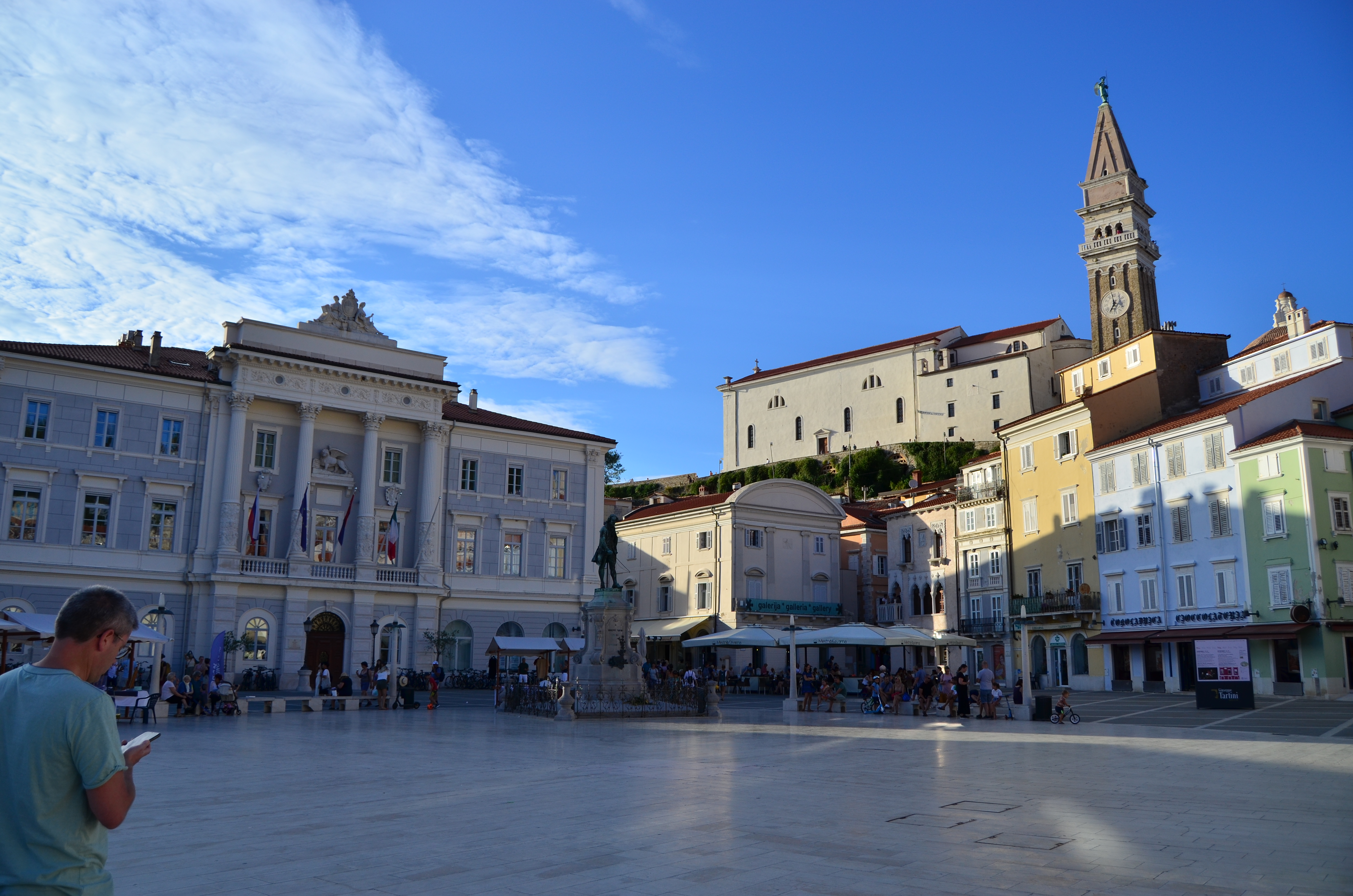
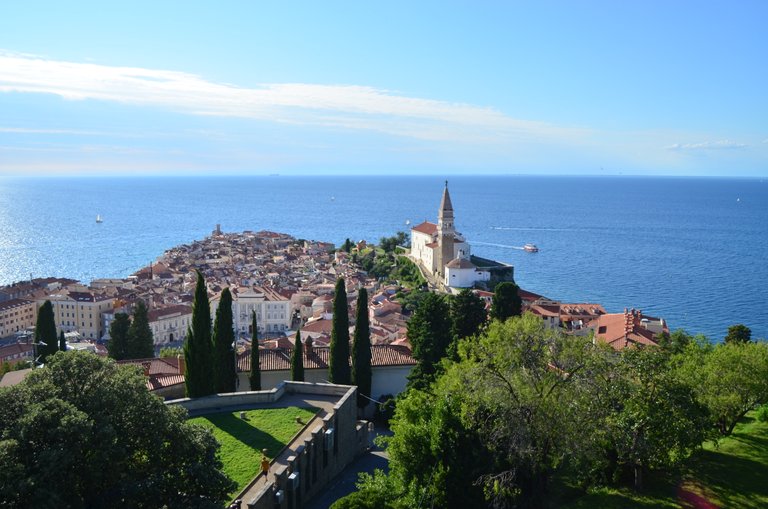
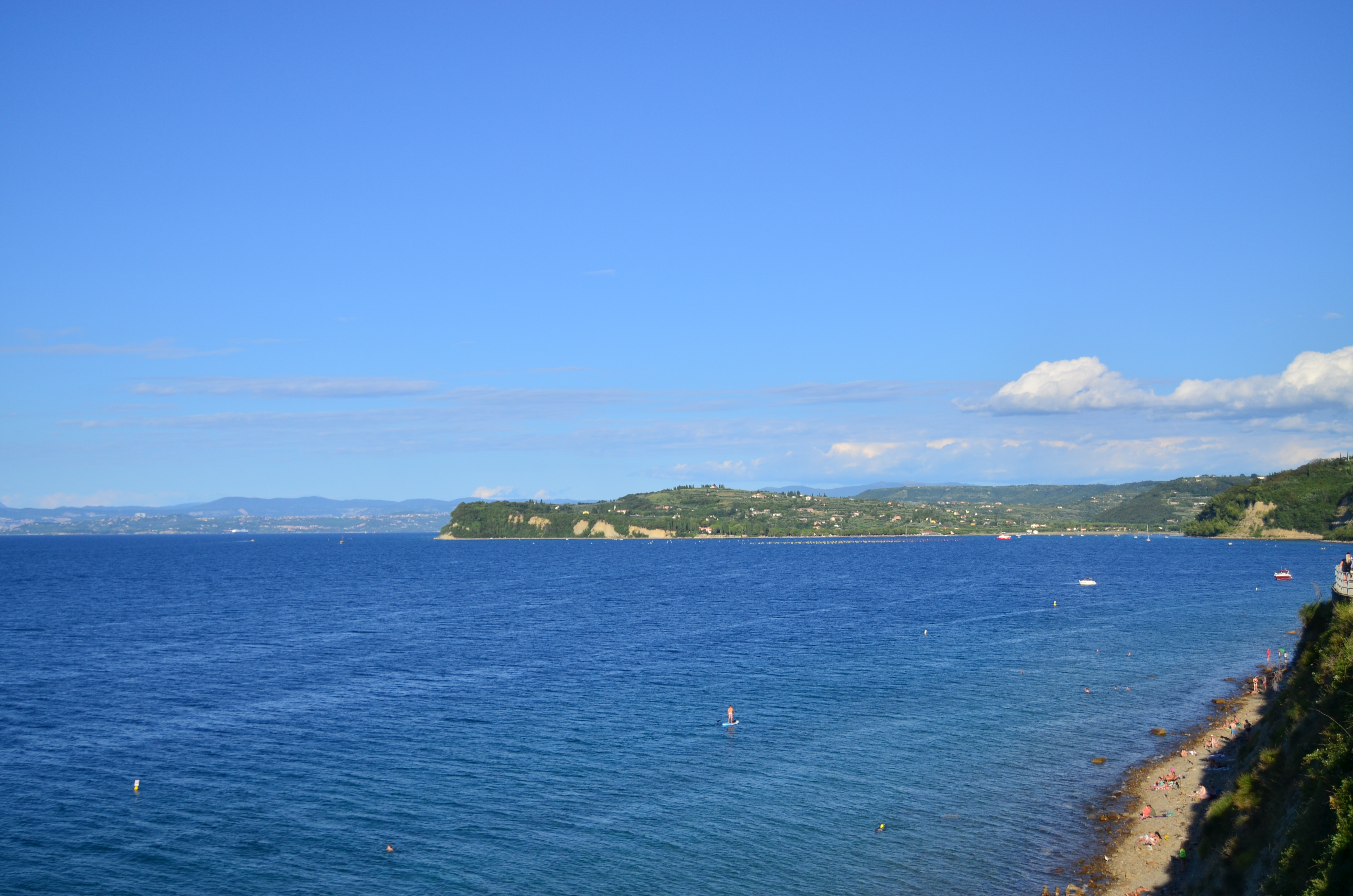
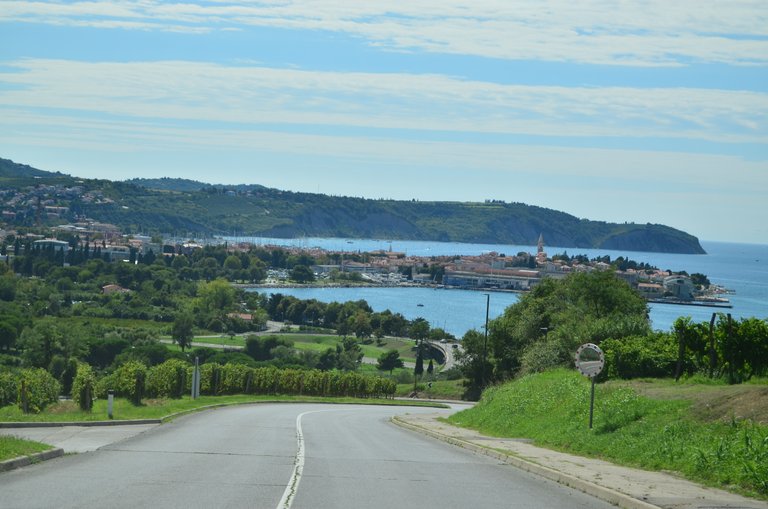
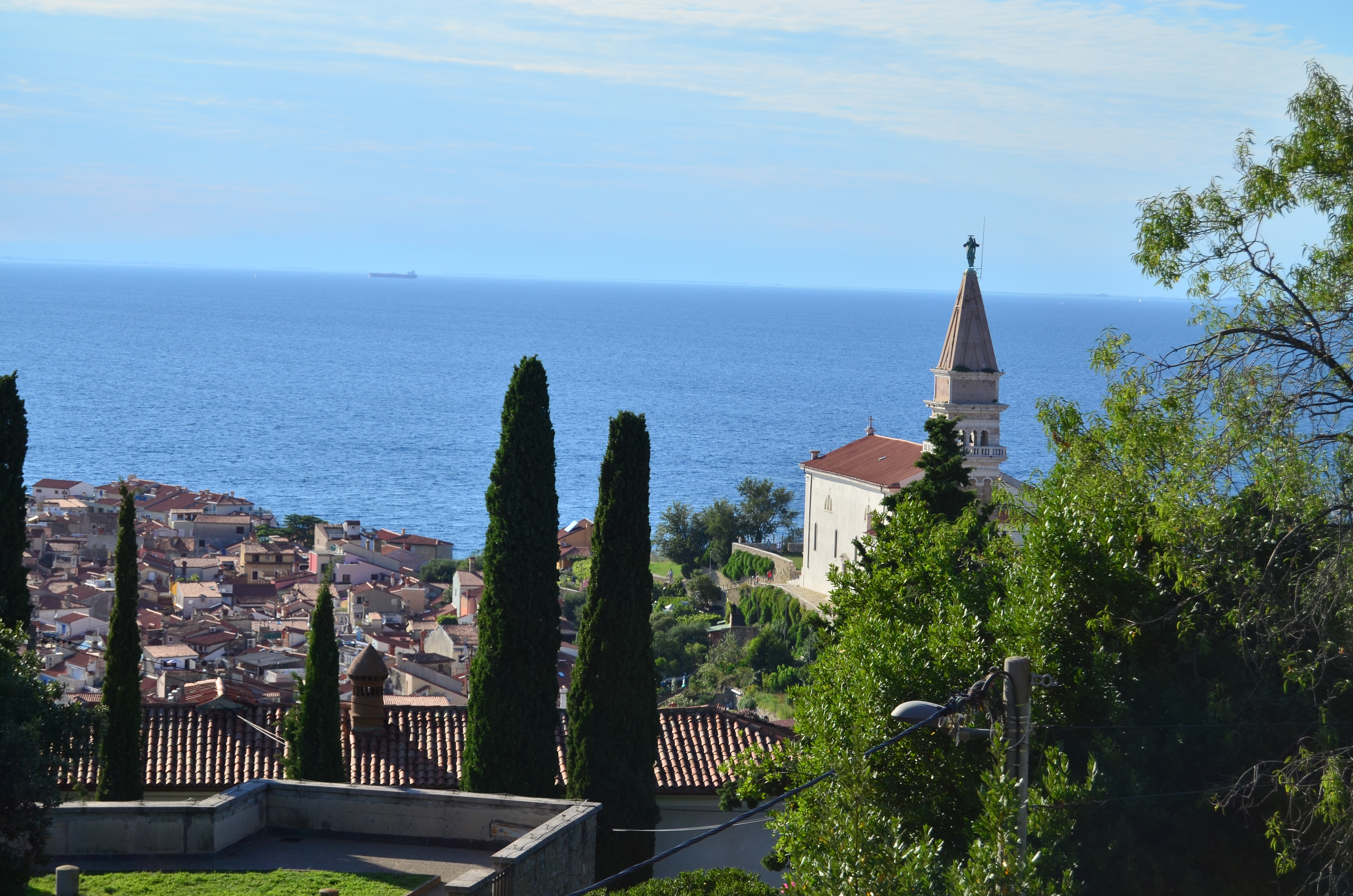
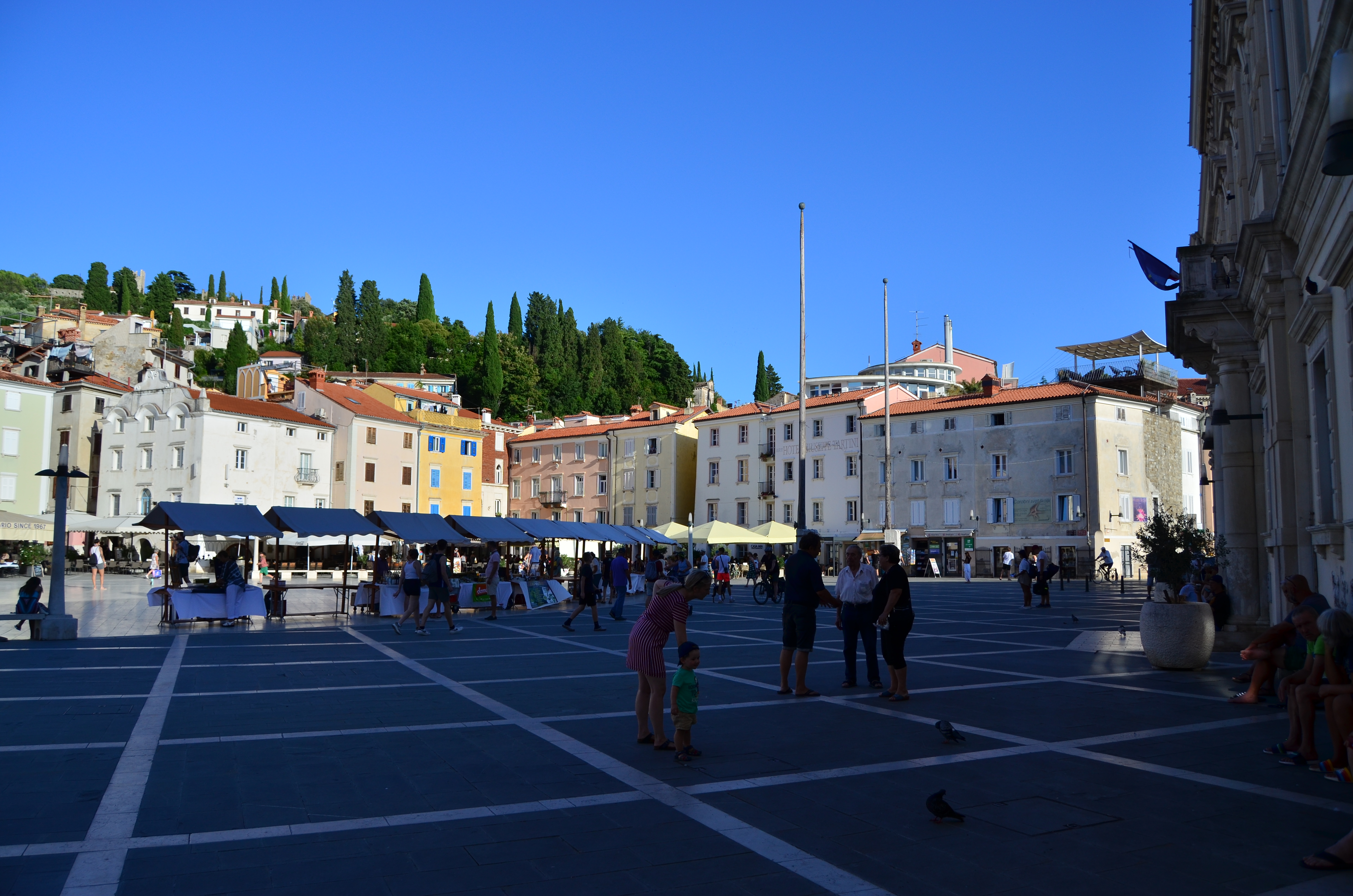
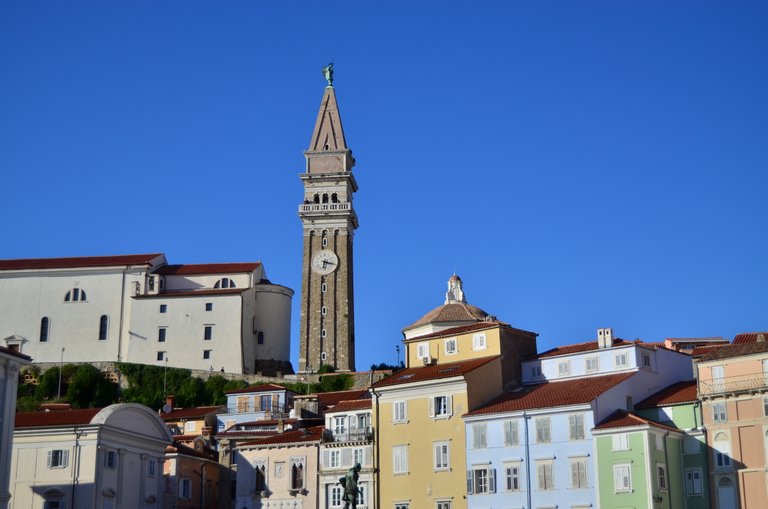
.JPG)
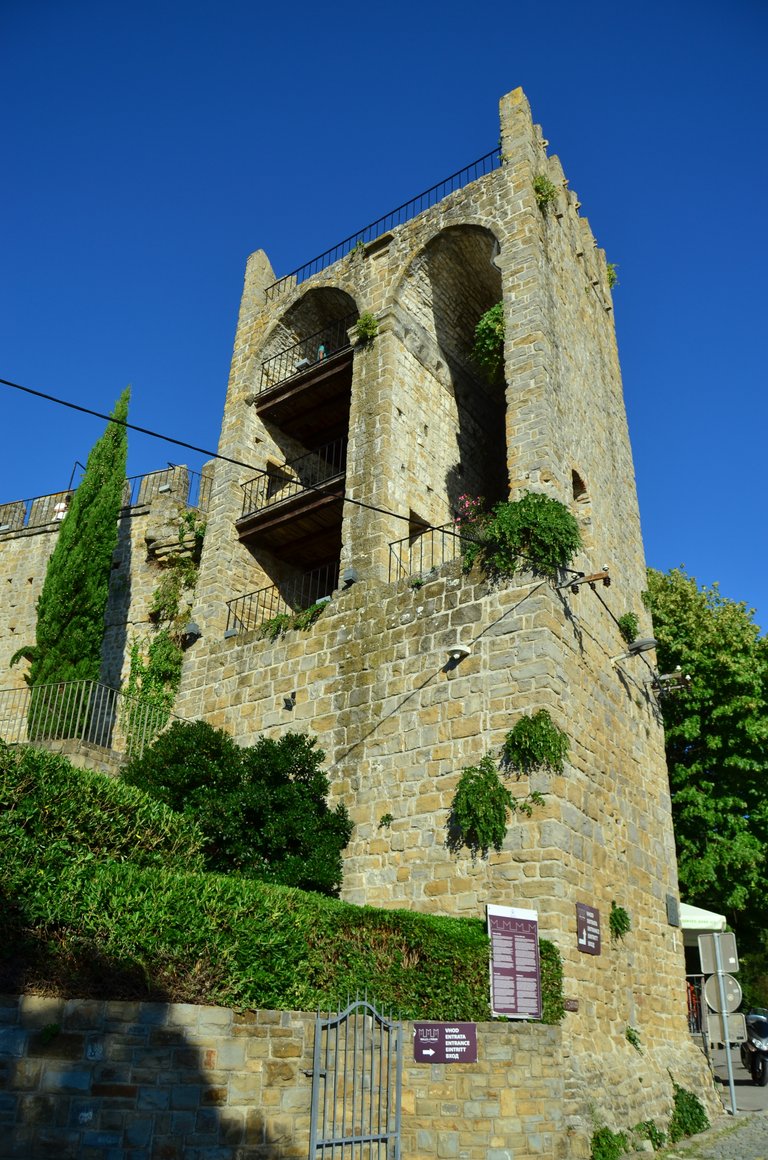
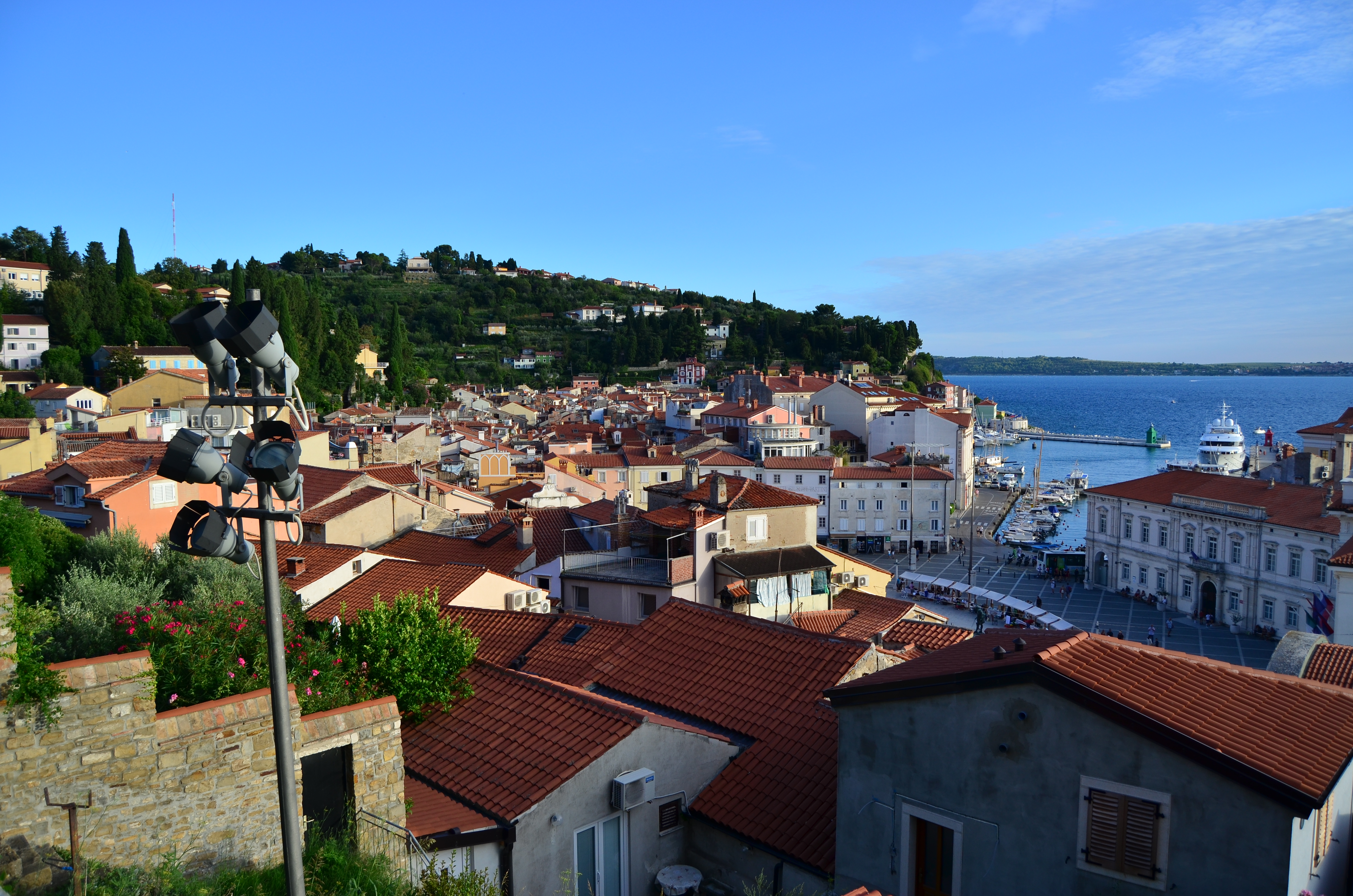
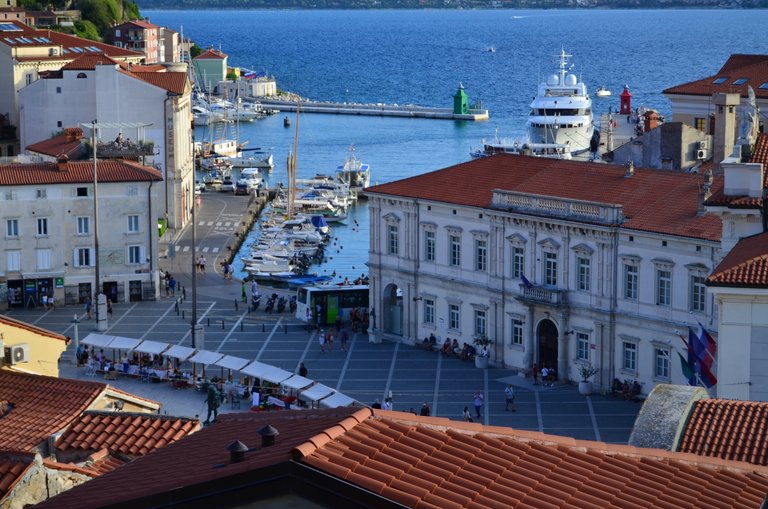
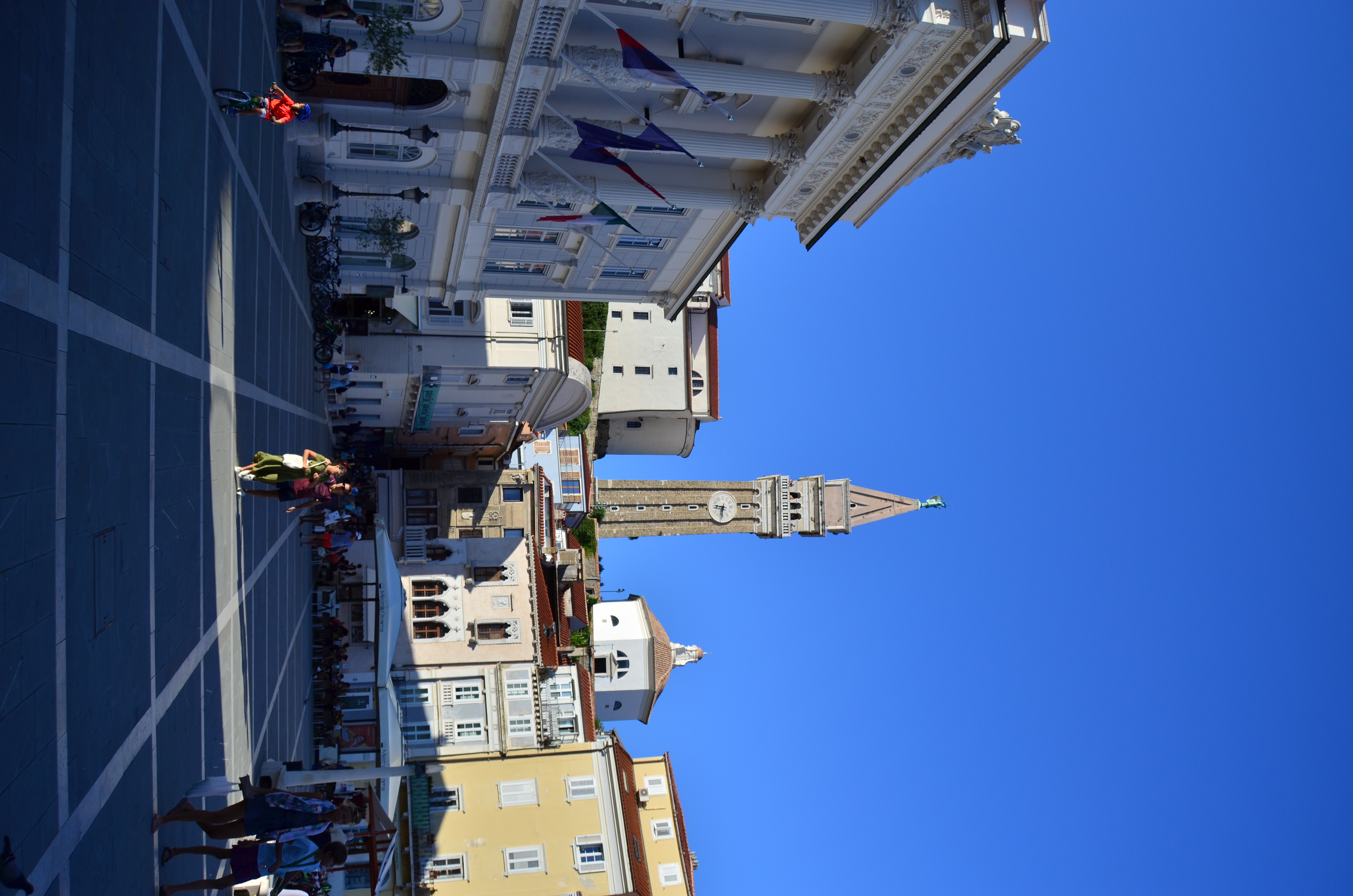

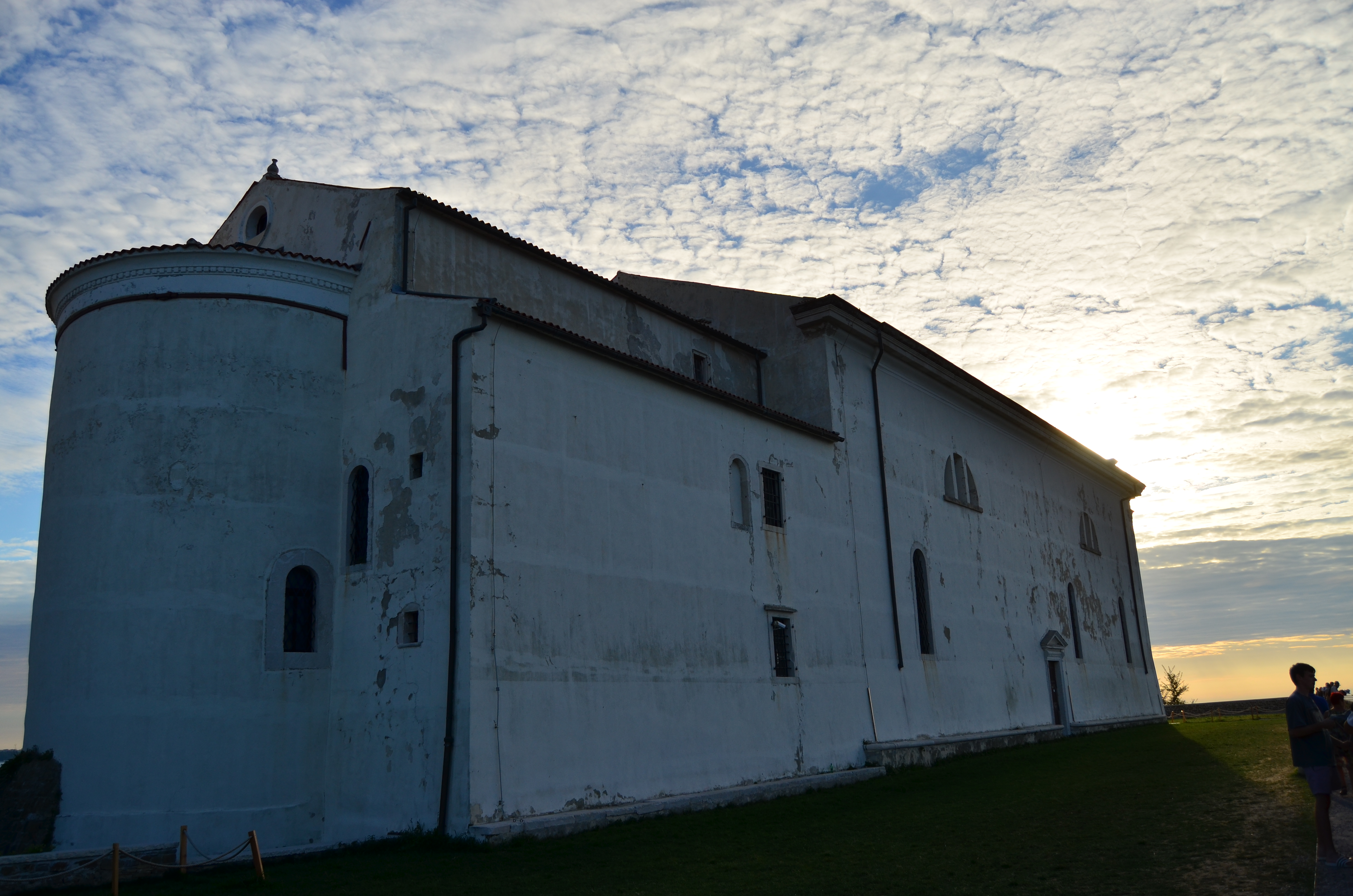
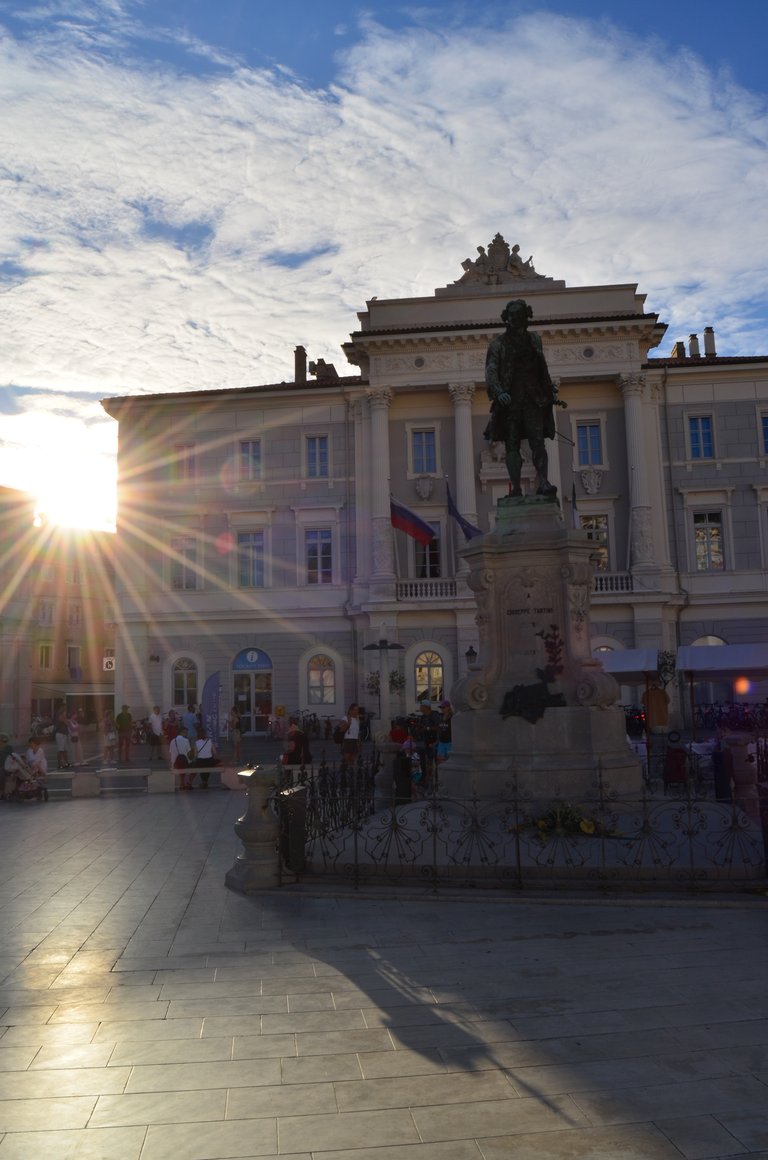
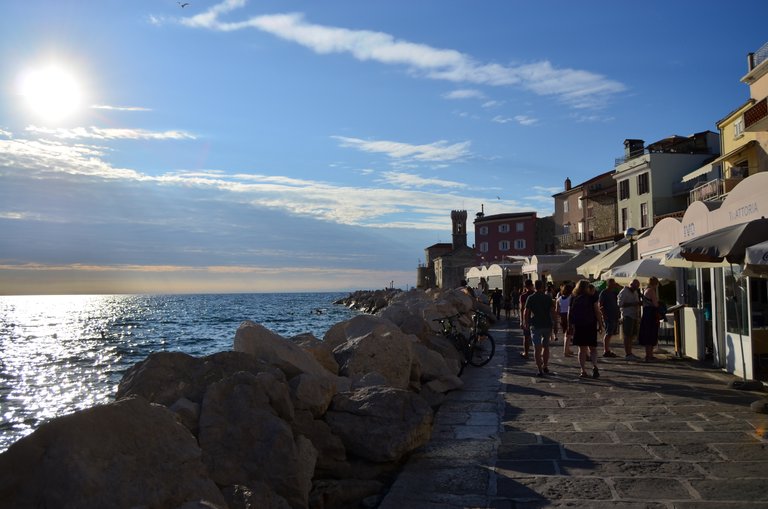
.JPG)
